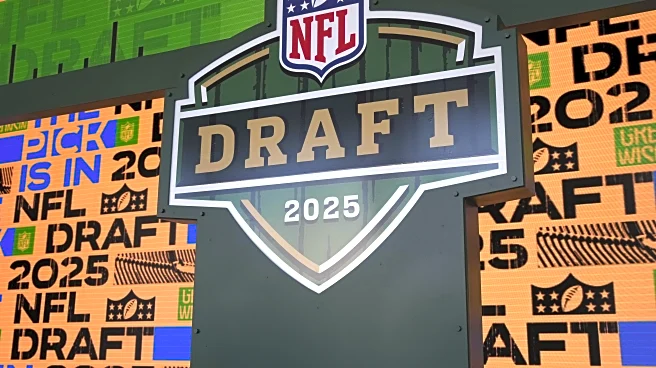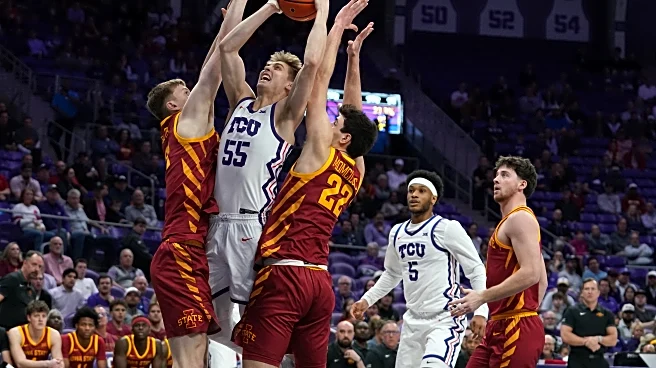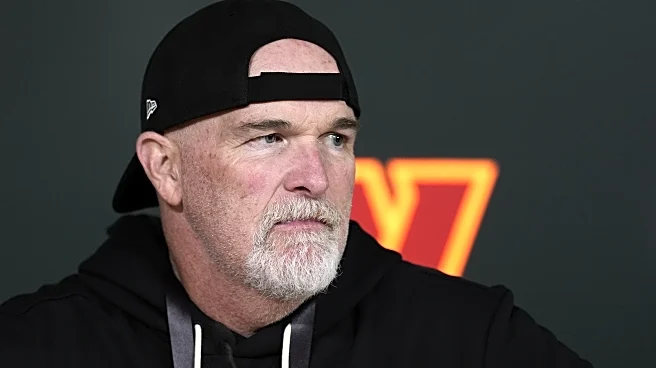Rapid Read • 8 min read
Bayern Munich has restructured its sponsorship deal with the Rwanda Development Board (RDB), shifting the focus from tourism promotion to football development. The new three-year arrangement will see Bayern expand its Youth Academy in Kigali, transitioning the relationship into a developmental initiative centered on talent cultivation and social impact. This change comes amid increasing criticism of Rwanda's human rights record and its alleged support for armed groups in the Democratic Republic of the Congo. The original 'Visit Rwanda' campaign, which aimed to position Rwanda as a global tourism hub, reportedly involved a €10 million annual payment from Rwanda to Bayern for branding and youth football programs.
AD
The restructuring of the sponsorship deal highlights the growing scrutiny of partnerships with governments accused of human rights violations. For Bayern Munich, this move aligns with increasing pressure from German media, civil society groups, and political figures to reconsider ties with authoritarian-leaning governments. The decision reflects a broader trend in which companies and organizations are reevaluating their associations with countries facing international criticism. For Rwanda, the termination of the tourism-focused partnership represents a reputational setback, as the Kagame government has used sports diplomacy to reshape international perceptions and attract tourism.
Bayern Munich's decision may prompt other international partners to reassess their relationships with Rwanda, especially as the DRC government has urged distancing from Rwanda amid escalating violence in the region. The shift in focus to football development could lead to increased investment in youth programs and social initiatives in Kigali, potentially fostering local talent and community engagement. Meanwhile, Rwanda may seek to strengthen its sports diplomacy efforts with other international partners to mitigate the impact of this reputational blow.
The restructuring of the deal underscores the ethical considerations companies face when engaging in international partnerships. It raises questions about the balance between commercial interests and corporate social responsibility, particularly in regions with complex political and human rights issues. The situation also highlights the role of public opinion and media scrutiny in influencing corporate decisions, as seen in the backlash from Bayern Munich supporters who criticized the club's previous partnership with Rwanda.
AD
More Stories You Might Enjoy












